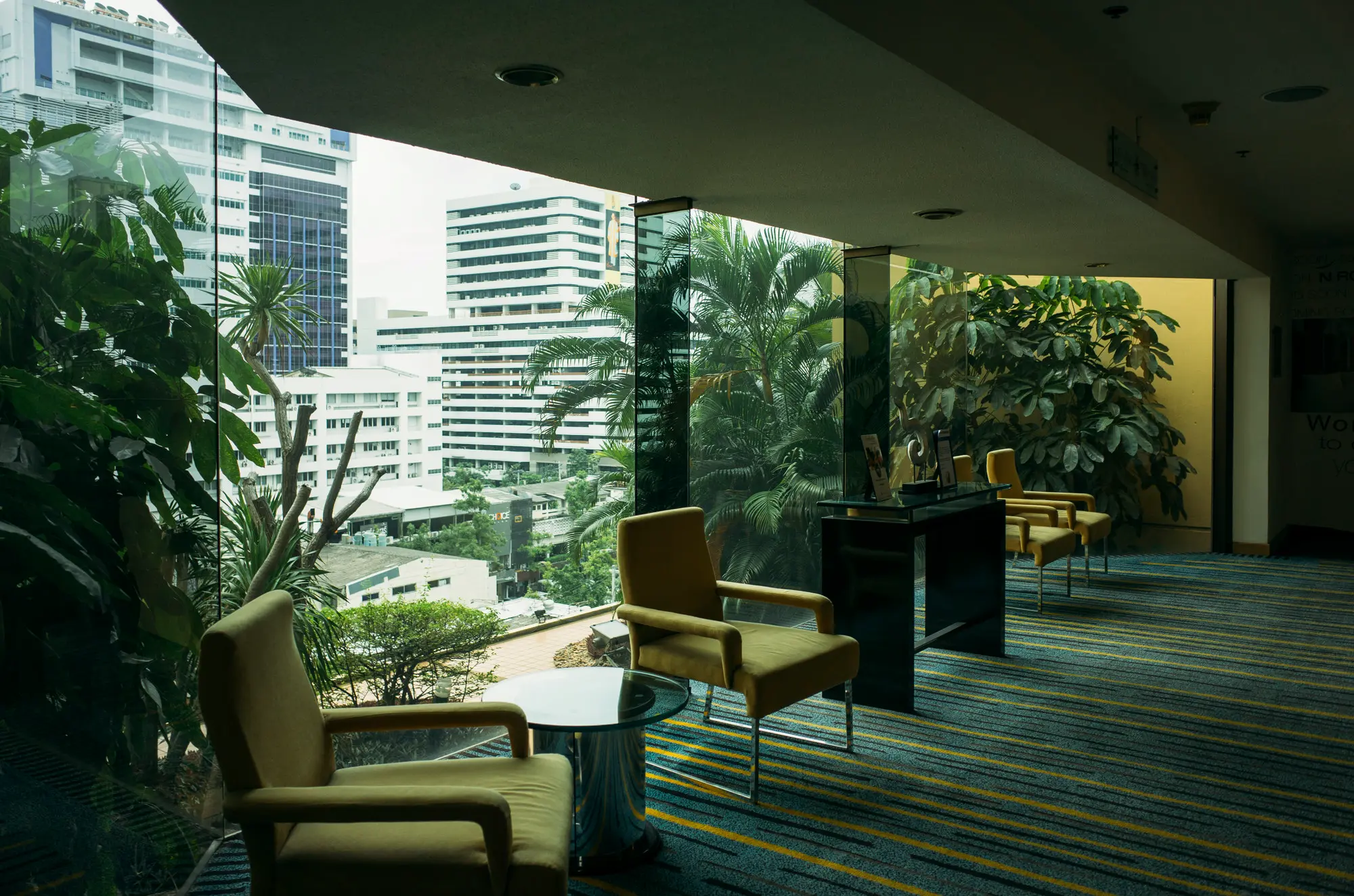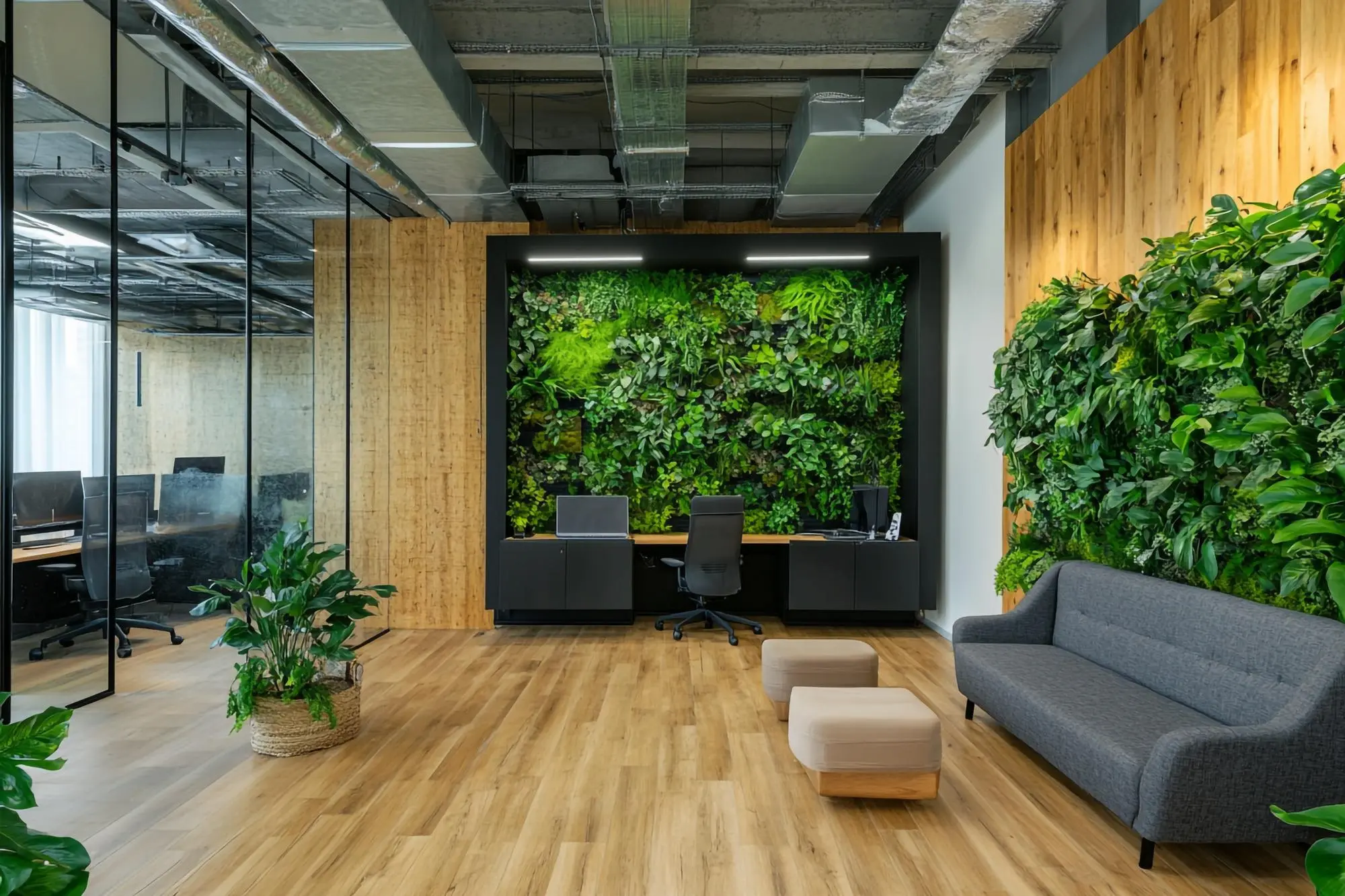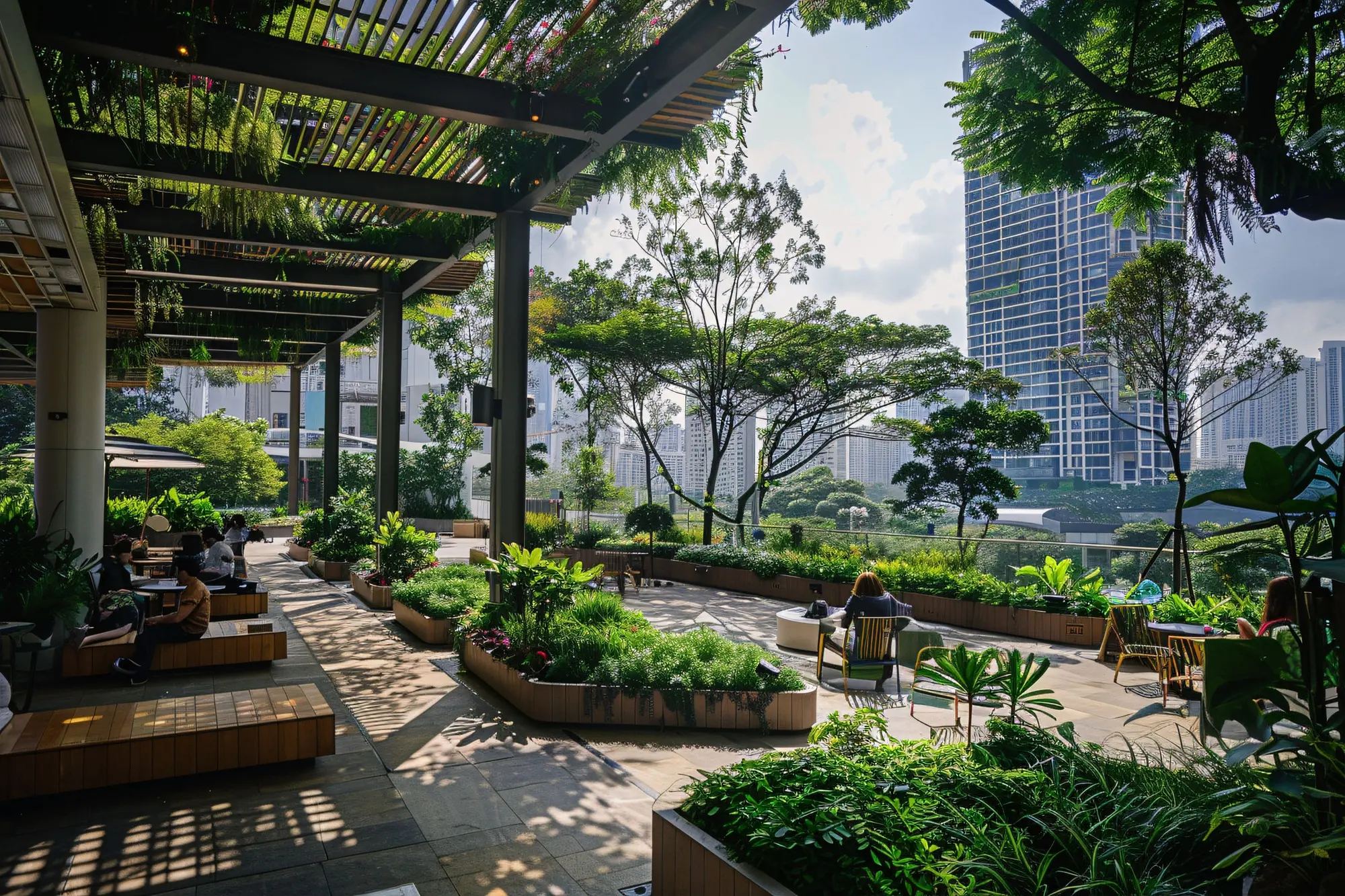3 Levels of Security Guard Training & How to Choose the Right One
23 October 2025

The security guard training levels determine the quality and competency of every security personnel in a company. Not all security guards have the same skill standards, which is why tiered training is essential in selecting the right security service or outsourcing provider.
So, what should you consider when choosing the appropriate security level for your company? Let’s explore the details below.
What Skills Should a Company Security Guard Have?
When selecting security personnel, companies need to assess not only physical strength but also mental resilience and professionalism. Here are key skills to look for:
-
Ability to maintain a safe and orderly work environment.
-
Good communication and coordination with employees and visitors.
-
Quick decision-making during emergencies.
-
Understanding of safety procedures and risk management.
-
Discipline in following standard operating procedures and security protocols.
-
Strong observation and analytical skills for identifying potential threats.
-
Familiarity with basic security guard training levels, such as Gada Pratama or Gada Madya.
-
Readiness to collaborate with the security team and external parties.
Read Also: 10 Standard Operating Procedures for Security Guards
Security Guard Training Levels
According to the official regulation of the Indonesian National Police (POLRI), Regulation No. 4 of 2020 on Private Security, security guard training is divided into three levels: Gada Pratama, Gada Madya, and Gada Utama. Each level equips participants with specific competencies and responsibilities in the field:
1. Gada Pratama (Basic Level)
This is the entry-level training for new or aspiring security guards.
Training materials include:
-
Professional ethics and legal foundations of security.
-
Patrol techniques and field communication.
-
Emergency response and first aid.
This program serves as the foundation before deployment. The training duration usually ranges from 7–10 days, depending on the training institution.
2. Gada Madya (Intermediate Level)
This level is designed for experienced security guards who wish to enhance their leadership and coordination abilities.
Training materials cover:
-
Team management and supervision.
-
Conflict resolution and incident reporting.
-
Analytical skills and operational responsibility.
This program helps participants strengthen teamwork and improve field security effectiveness.
3. Gada Utama (Managerial Level)
The highest training level, intended for security chiefs or security managers.
Participants will learn about:
-
Corporate security strategy and planning.
-
Risk analysis and coordination with POLRI and management.
-
Operational evaluation and professional development.
Graduates are ready to lead teams and ensure company security management runs professionally, efficiently, and in compliance with national regulations.
Read Also: 5 Primary Duties of Security Guards in a Company
How to Get Security Guards with the Right Training Level for Your Company?
Choosing the right security guards should not be done randomly. Each training level corresponds to different roles and responsibilities. Here’s how companies can identify the right personnel:
1. Understand Your Company’s Security Needs and Risks
Analyze your work environment, workforce size, and potential risks in each area. This helps determine the number of personnel needed and the most relevant security guard training level.
2. Determine the Required Competency Level
Once needs are clear, assign the proper level:
-
Gada Pratama for field execution.
-
Gada Madya for team or shift supervision.
-
Gada Utama for head of security units.
Setting the level early helps structure the security system in line with operational scale.
3. Verify Certification and Legality
Ensure candidates have completed official training and hold valid certificates according to security guard training levels. Certification serves as proof of professional skills and compliance with police regulations.
4. Evaluate Skills and Work Ethics
Beyond technical ability, assess communication skills, discipline, and professional ethics. A competent security guard not only safeguards assets but also fosters a sense of comfort among employees and guests.
5. Use Outsourcing Services
For efficiency and guaranteed quality, companies can collaborate with a professional manpower provider like SOS.
Through standardized recruitment, training, and placement, SOS ensures every guard meets the right competency level for your company’s needs.
This allows companies to maintain a professional and reliable security system without adding internal management burden.
Read Also: Security Training: An Effective Way to Improve Safety Performance
Looking for Certified and Trained Security Guards? Contact SOS Now
As a trusted manpower outsourcing company, SOS provides certified security guards from all security guard training levels, ready to serve various industries.
Our outsourced security services in Jakarta ensure companies receive professional, disciplined, and compliant personnel.
Benefits of working with SOS:
-
Security guards certified in Gada Pratama, Gada Madya, and Gada Utama.
-
Professional HR management, administration, and training.
-
Legal, efficient, and customizable security services.
Contact SOS today for consultation and discover the best security outsourcing solutions for your business.



